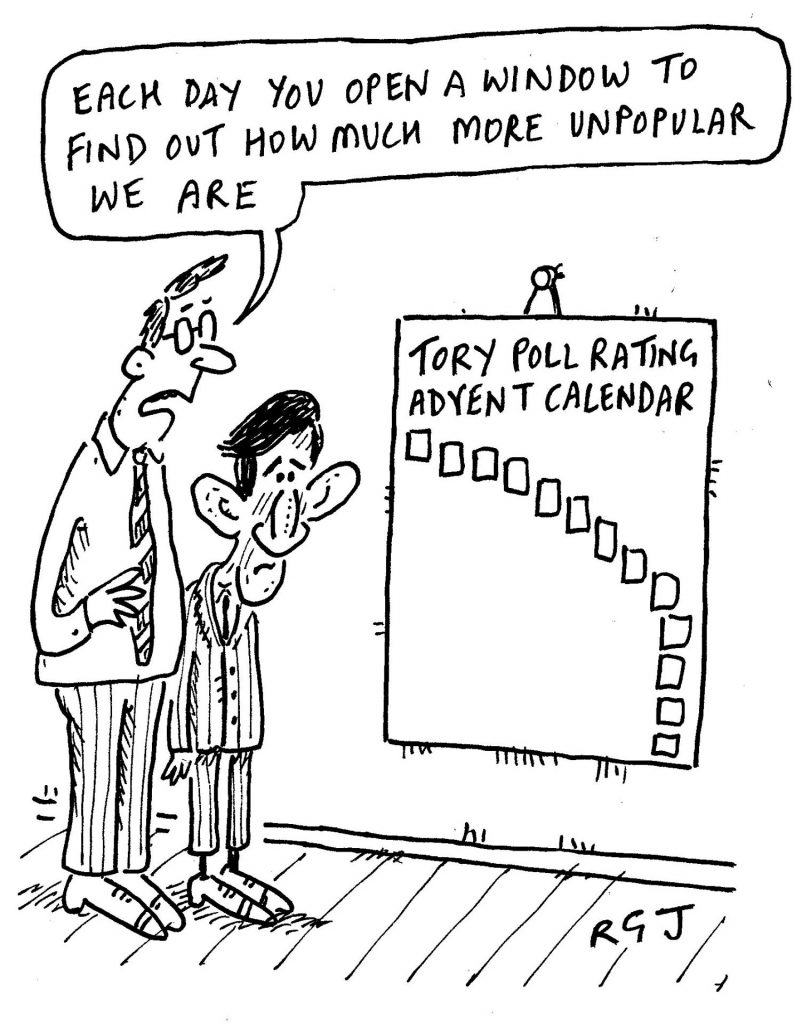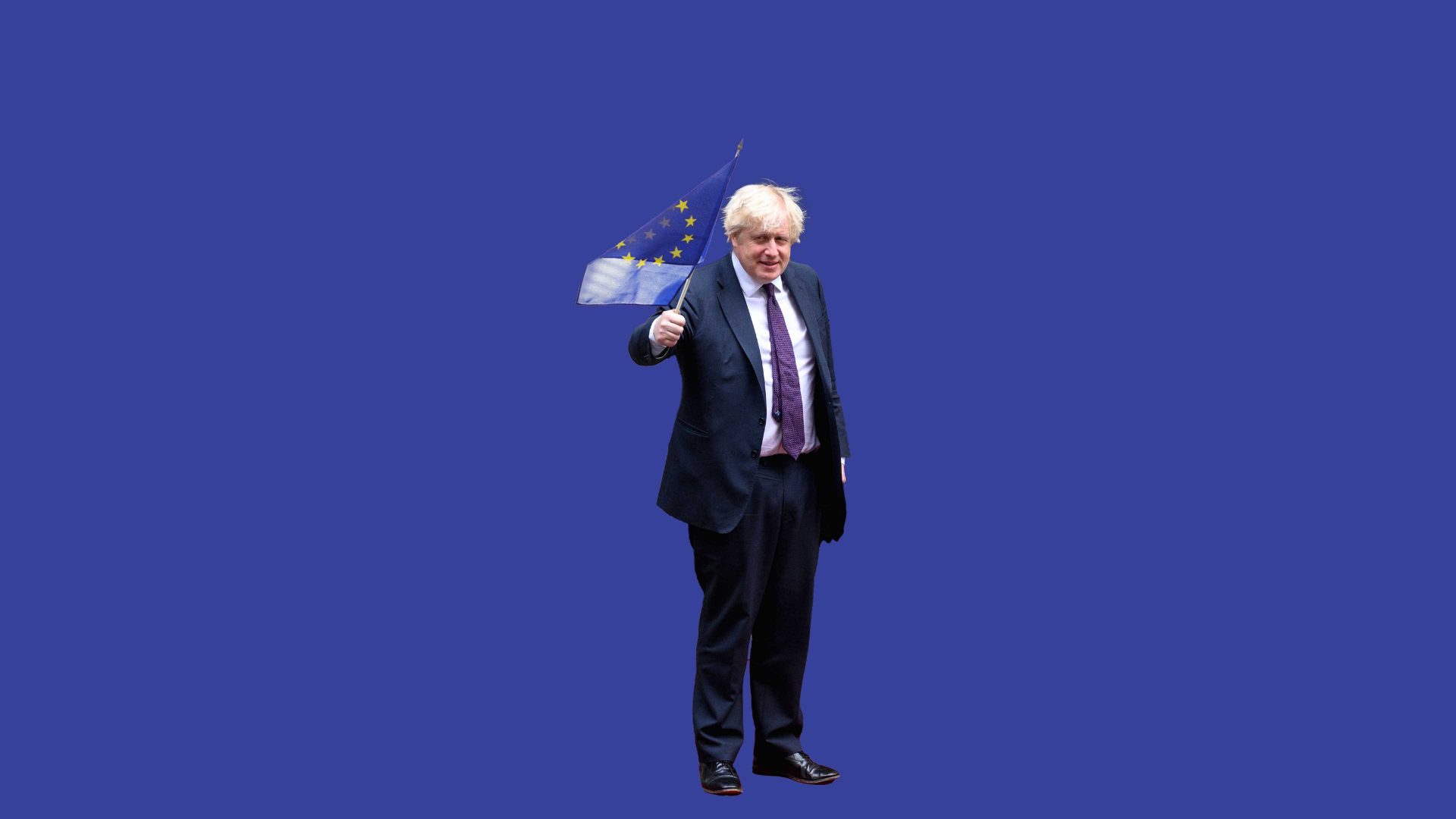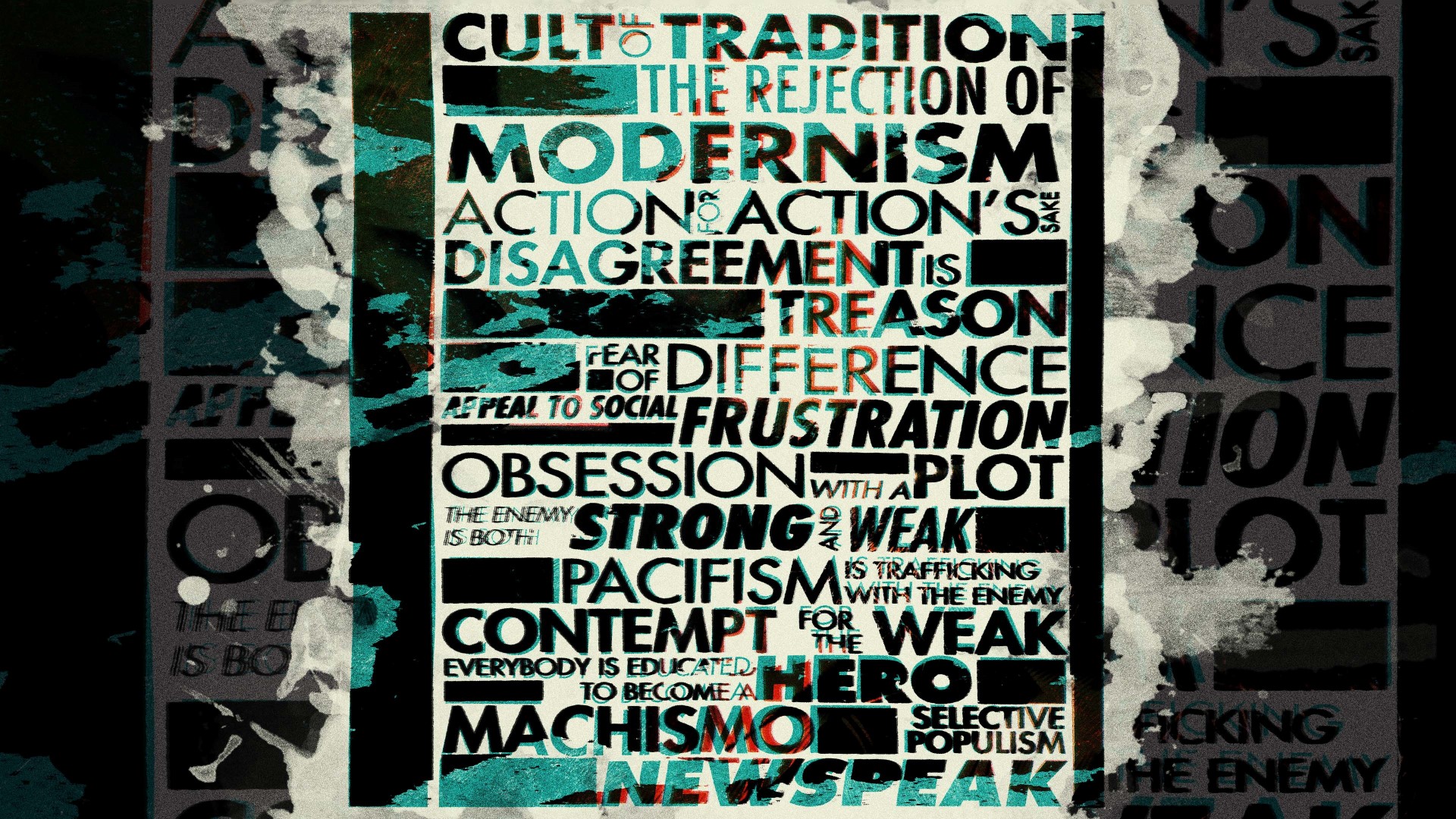In preparation for an interview with Major Tim Peake, I read the astronaut’s latest book, Space: The Human Story, and within spotted the idea for another book.
Given it would be a compilation, it is not one for me, and it may be that someone else has already done it, but that it passed me by. So, publishers, here is the idea… speeches, letters and articles that were never delivered.
It came to me while reading page 250 of Tim Peake’s book, where he revealed the contents of a speech drafted for US president Richard Nixon in the event that the first men on the moon never made it back to planet Earth.
“Fate has ordained that the men who went to the moon to explore in peace will stay on the moon to rest in peace.” Great start. “These brave men, Neil Armstrong and Buzz Aldrin, know that there is no hope for their recovery. But they also know that there is hope for mankind in their sacrifice.”
Beautifully written, just seven short paragraphs, it concludes: “In ancient days, men looked at stars and saw their heroes in the constellations. In modern times, we do much the same, but our heroes are epic men of flesh and blood. Others will follow, and surely find their way home. Man’s search will not be denied. But these men were the first, and they will remain the foremost in our hearts. For every human being who looks up at the moon in the nights to come will know that there is some corner of another world that is forever mankind.”
At the heart of Peake’s history of space travel is the geopolitics, and especially the race between the US and the Soviet Union to be the first to cross its many frontiers. Russia won many of those races, but the US, at the time putting more than 4% of its GDP into the venture, won the big one.
Amid the US-Soviet space race, Peake’s book shows that the Russians also prepared for the worst, and reached deep emotion while doing so. Cosmonaut Yuri Gagarin wrote a letter to his wife Valechka and their two young daughters, to be sent only in the event of his death in space. He told her “not to waste yourself with grief,” urged her to love their children as he did, to make them worthy of the Soviet state, and to feel no obligation to him as regards her personal life.
Not as well written as the words drafted by Nixon’s speechwriter, Bill Safire, but still very moving, coming as they did from the pen of a 27-year-old, who two days later would be the first human to fly into outer space.
In our podcast interview, Peake, one of just 628 people who have followed Gagarin on that journey, said that he too wrote a letter to his wife and sons ahead of the launch, and admitted: “It was the last time I cried.”
As for newspaper articles that were never published, I fear the compilation would have to find room for the wretch that is Boris Johnson. The arguments in his Telegraph article explaining why he was backing Remain, after all, might be the last known point at which he both talked sense and told the truth.
Alas, he sent the other one, in the hope it would help him become prime minister. Sadly, it did, and we are all paying a price.

It was as interviewee, rather than interviewer, that I appeared on the podcast recently launched by Ireland’s foreign and defence minister, Micheál Martin. Like my friend Edi Rama, prime minister of Albania, the ex-Taoiseach has worked out that many people want something deeper than most of the media gives them when it comes to political debate, that social media has added considerable quantity to debate without adding quality, but that podcasts are a good addition to the media mix.
Martin had asked me on a couple of weeks ago, in part to talk about the 3Ps I write about often, both here and in my last book, namely populism, polarisation and post-truth. Neither of us would have expected that by the time we met up for our chat, Dublin would have seen appalling riots, largely fuelled by those 3Ps.
As I explained to him, perhaps because my main experiences of Ireland relate to the peace process, and to many enjoyable visits since leaving No 10, I have a very romantic attachment to the place. Just a day before the riots, I was at an event praising the relative stability and maturity of Irish politics.
So it was all a shock. Martin explained there was indeed a hard right element in Irish politics, though perhaps less developed than in other parts of Europe.
In the aftermath of the riots, the third of those Ps, post-truth, was shown to have played a fundamental role in fuelling them, as far right elements in Ireland, Britain and beyond went online to fuel misinformation and hate, and organise violence.
Neither of us, we admitted, had the answers. But the question – how dangerous is online misinformation in the hands of organised extremists, and how do we deal with it? – has to find one.
It was lovely to see the parents of Jo Cox, Jean and Gordon Leadbeater, and Jo’s husband Brendan Cox, in the front row at Pembroke College, Cambridge, where I was giving the Memorial Lecture in the murdered MP’s name.
Part of the evening was a three-way discussion between me, Rory Stewart and Jo’s sister and successor as Batley and Spen MP, Kim Leadbeater, on the theme of cross-party collaboration.
I know Kim well, see and speak to her regularly. Yet more than once, I called her Jo, and could see some in the audience wondering whether I was losing the plot.
“Can’t believe I called you Jo,” I said to her afterwards. “Don’t worry,” she said. “It happens all the time.”
Legacy comes in many forms, I had said in my opening remarks, not realising that I was about to add another such form!
Six years ago I spoke at a school in Manchester, at an event chaired by a sixth former called Dan Lawes. He was impressive, spoke well, had a great manner and later I tweeted a picture of him speaking, urging people to “remember the name.” I was pretty sure he was going places.
Well, I meet a lot of people and must confess I had forgotten him. But I remembered him instantly when he came across my radar again last week. I was speaking at an event for My Life My Say, a terrific organisation which seeks to get young people involved in politics, campaigns and causes.
It was taking place in Hackney, and My Life My Say founder Mete Coban told me he would send someone to meet me at the station and bring me to the event. And who should that someone be but Dan Lawes? He had done his A-levels and a degree since we last met, and was now working for My Life My Say, heading up a campaign, My Future, My Vote, to make sure as many young people as possible are registered to vote, and use their vote.
The need is great – more than a third of people aged 18-24 are not registered to vote, and the Tories are happy with that. Good to be at the campaign launch, and great to see Dan working on it. Definitely going places.




